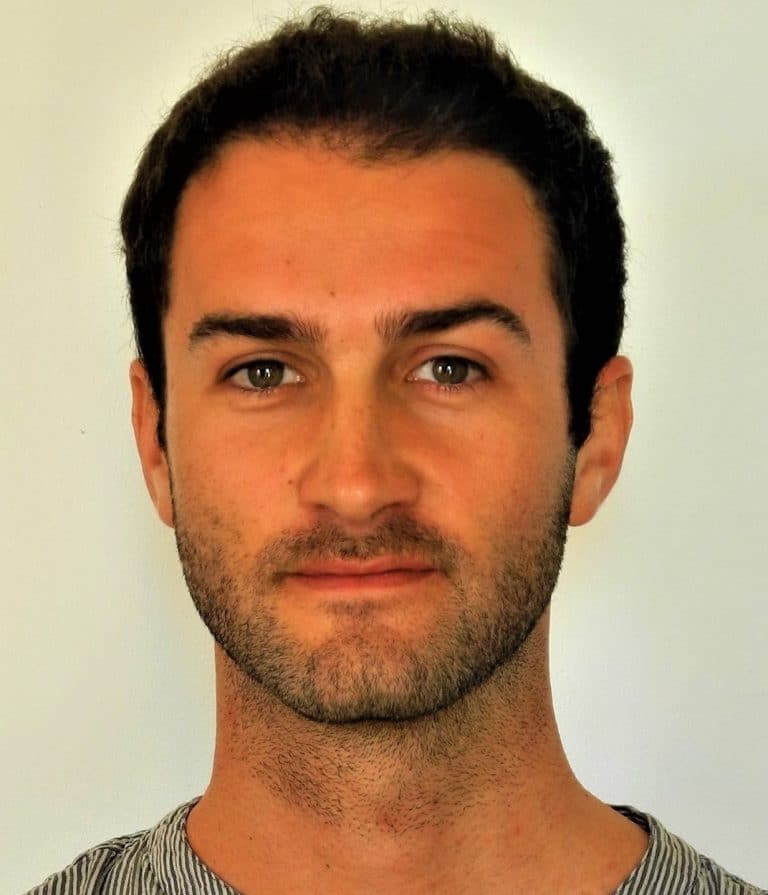On the theme : Potential and feasibility of maritime spatial planning off the coast of a major city. An exploratory approach in Marseille, in a Mediterranean context.
This thesis is part of an Inter-Doctoral School project and is being carried out jointly by the ESPACE laboratory (UMR 7300) and the MIO.
The defence will be held on Tuesday 4 November 2025 at 2pm, at the University of Aix-Marseille, Campus ALLSH - Multimedia Building, Salle de Colloque 2 MD VP, 29 avenue R. Schuman, 13100 Aix-en-Provence.
Members of the Jury
Philippe DEBOUDT, University Professor, University of Lille, Rapporteur
Arnaud SERRY, University Professor, University of Le Havre, Rapporteur
Christine PERGENT-MARTINI, Senior Lecturer HDR, University of Corsica, Examiner
Brice TROUILLET, University of Nantes, University Professor, Examiner
Sylvie LARDON, INRAE Research Director, retired, Guest Member
Sandrine RUITTON, Senior Lecturer, Aix-Marseille University, Thesis co-director
Samuel ROBERT, Director of Research, CNRS, Thesis supervisor
Abstract
This thesis focuses on Maritime Spatial Planning (MSP) in the context of a large coastal city.
For several years now, new ways of managing marine areas have been developed in response to the intensification of uses and the diversification of activities taking place there, as well as to provide a framework for future initiatives to develop the sea. Among these, the EMP aims to organise and manage heterogeneous activities in an integrated way, often in competition for space and marine resources. Among the geographical contexts in which it can improve maritime management, large coastal cities require particular attention, because of their tendency to concentrate multiple uses and activities, their ecological footprint on the coastal marine environment, and their desire to exploit the latter to a greater extent. To study EMP in this context, we looked at how it is currently implemented and how it might be implemented in the future. We analysed its integration into territorial policies, focusing on the north-western Mediterranean, a highly anthropised region where EMP is being applied, while noting that it is still underdeveloped in large coastal cities. Our study then focused on the case of Marseille, through a survey of local stakeholders, bringing out the levers and obstacles in the local governance system that could influence the future implementation of EMP, and experimenting with a participatory approach adapted to its coastline.





